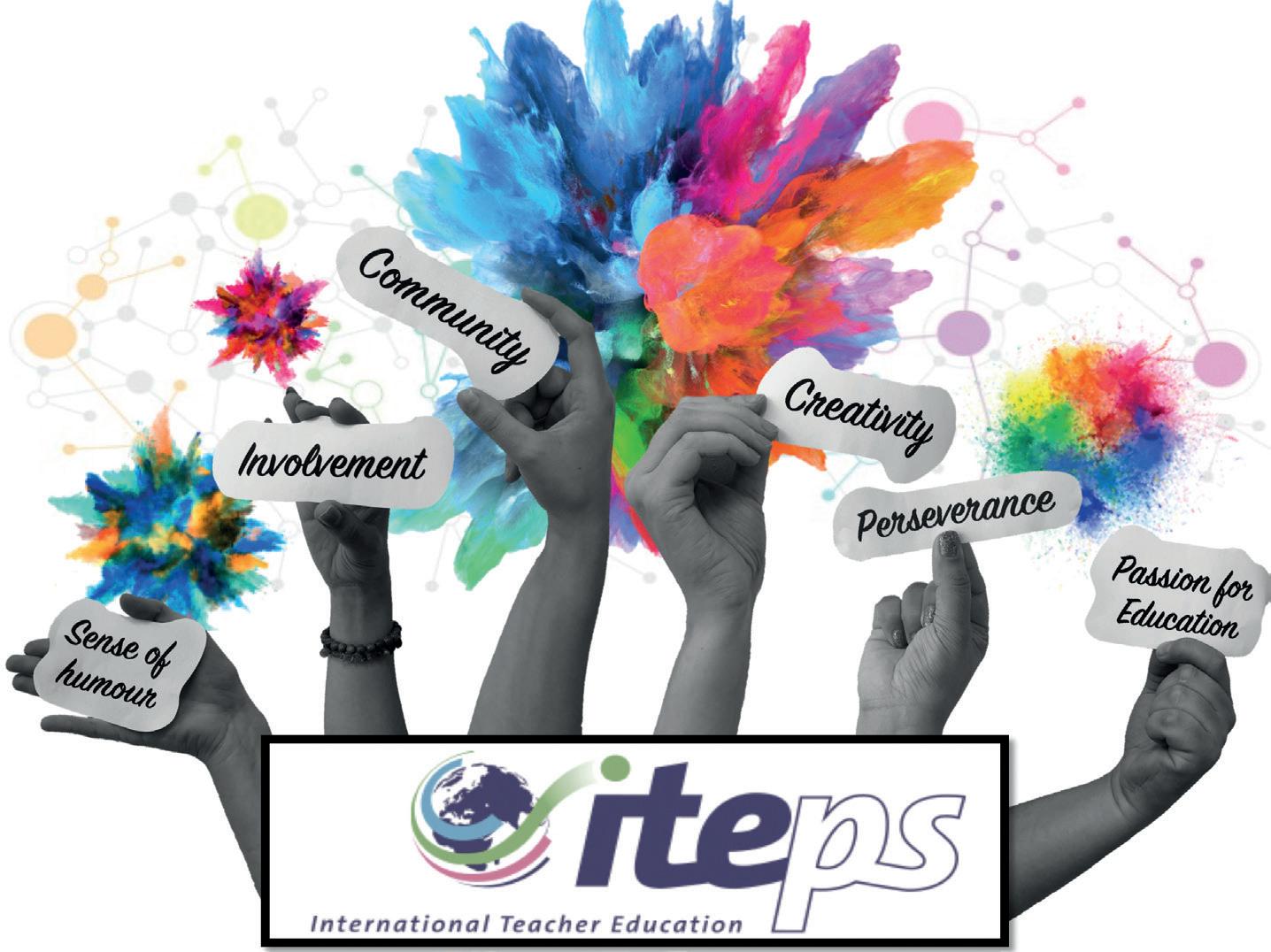Features
How international schools are governed Richard Gaskell presents and evaluates the results of ISC Research’s governance report ISC Research has published its first report into governance practice in international schools. The report shares research conducted with over 400 international schools about typical governance practice, procedures and responsibilities. We produced the report in collaboration with the Principals’ Training Center and its Director, Bambi Betts. Why did we consider this research of value? Many international schools, in large part, work in isolation, because of either location, independent management, or competition. As a result, most international schools have no way of knowing how other international schools structure their governance framework and practices, or where they can learn from the examples of others, except through anecdotal feedback. This research offers international schools the chance to benchmark their governance structure and practice against others within this unique sector of education. It provides a baseline for evaluation and review, allowing schools to consider alternative, possibly better, ways of governance. The research explored typical approaches to the legal status, composition and decision-making of international school governing bodies. Analysis of these, and correlations made within the report, offer insight into just how diverse international school governance has become. Whether it exists as a single entity or as a fully elected and diverse board, governance plays a significant role in the ethos and moral purpose of an international school. The status and structure of governing bodies The research surveyed 403 international schools located in 44 countries, with a relatively even split of schools with a British or US orientation. 70% of the schools surveyed identified their legal status as not-for-profit. 21% were privately owned, and other statuses included charity, joint ventures, foundations, and government and diplomatic entities. According to the research, international schools appoint or elect their boards in a wide range of ways. The most popular approach (almost 57%) is self-perpetuating; the board voting for replacement board members. 50% had no elected board members. Some schools elect board members at an annual general meeting of the parent body, while others are screened by the existing board members and then elected by the parent body – or by school staff. Others are appointed by outside groups such as the owning company, mother school, religious affiliation or embassy, and others adopt a mix of appointment approaches. 60% of the for-profit schools surveyed are fully self-perpetuating, with no appointments from external
Autumn
Spring |
| 2020
sources or elections, compared to 42% of the non-profit schools surveyed. The size and nature of the board varies extensively too, ranging from one to 60 members, although typically they are between six and twelve in number. Constituents include parents (with or without a child in the school), staff, and representatives from a variety of connected organisations. For most governing bodies (almost 80%), all members have voting rights. Others limit the voting rights of teachers or senior leaders who are part of the board.
The frequency and structure of board meetings varies considerably from school to school. Almost 30% of the governing bodies in the research meet monthly, with 19% meeting termly and 17% meeting every half term. Over 81% conduct closed meetings, with some (almost 8%) conducting open meetings on occasion or by invitation. Taking responsibility and making decisions Responsibilities of international school governing bodies are wide and extensive. Most governing bodies in the survey said they are responsible for approving the annual school budget, appointing a new Head of school, ensuring financial stability of the school, approving capital expenditure and formulating and maintaining the school’s long-term plan. More than half of the schools said their boards are responsible for setting salaries, as well as reviewing and maintaining legal
15

























